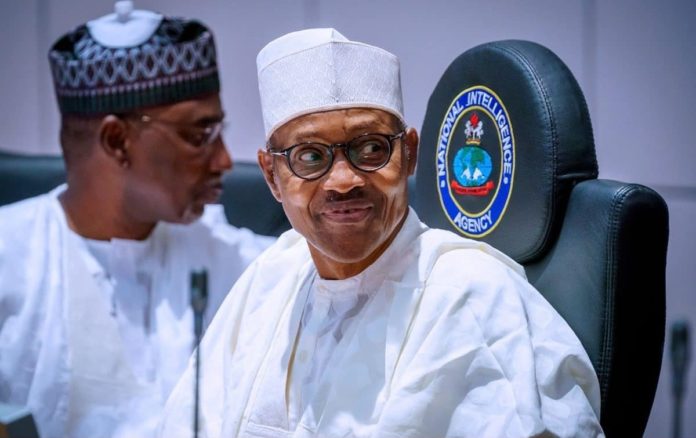Officially Nigeria has entered its second recession in five years as official figures published on Saturday show that the economy shrank again in the third quarter of this year. The National Bureau of Statistics, in its Gross Domestic Product report for Q3, said the GDP, the broadest measure of economic prosperity, fell by 3.62 in the three months to September.
Last month, the World Bank revised its 2020 forecast for Nigeria’s economy to -4.1 per cent from its previous projection of -3.2 per cent, saying the country’s near-term outlook was subject to “considerable uncertainty”. The Global bank had said in June that the collapse in crude oil prices, was expected to “plunge the Nigerian economy into a severe recession, the worst since the 1980s coupled with the COVID-19 pandemic.
Unfortunately within three years Nigeria experience two recessions because Covid 19 has puts global economics in uncertainty again, Nigeria’s economy is being caught in the cross-hairs. Above all, Nigeria must stop borrowing. Now is not the time to trade blames but to focus on ways to manage the situation and need for administration to “swallow its pride, and accept its limitations, so that they can open their minds to ideas, without caring who the messenger is.
The recession could have been avoided if administration had cut down on the cost of governance during first recession , listened to nation’s economist and other concerns Nigerians advise. The provocative policies of the previous and present administration over dependence on oil resources as a source of foreign exchange earnings to the detriment of agriculture also puts pressure on the nation source of foreign income. The recession could have been avoided if administration diversifying the economy by formulating policy toward developing the country untapped mineral.
There is no denying the fact that the country is currently facing a financial crisis. However, a depression is least likely in the Nigerian situation, as experts predict that most countries will come out of the current crisis by 2021 and at most by 2022.
On the optimistic side of things, if the government does the needful in bailing out industries, if oil prices keep rising in view of budget cuts, if the government further diversifies the economy and also implements the Orosanye report or at least a better modified version of it, then the recession might be short lived.
Let the executive and legislative arms expunged non conventional allowances, estacodes, welfare packages, and new vehicle purchases from the proposed 2021 budget.
Dukawa, Kano-based journalist and Public Affairs commentator. Can be reached at abbahydukawa@gmail.com







